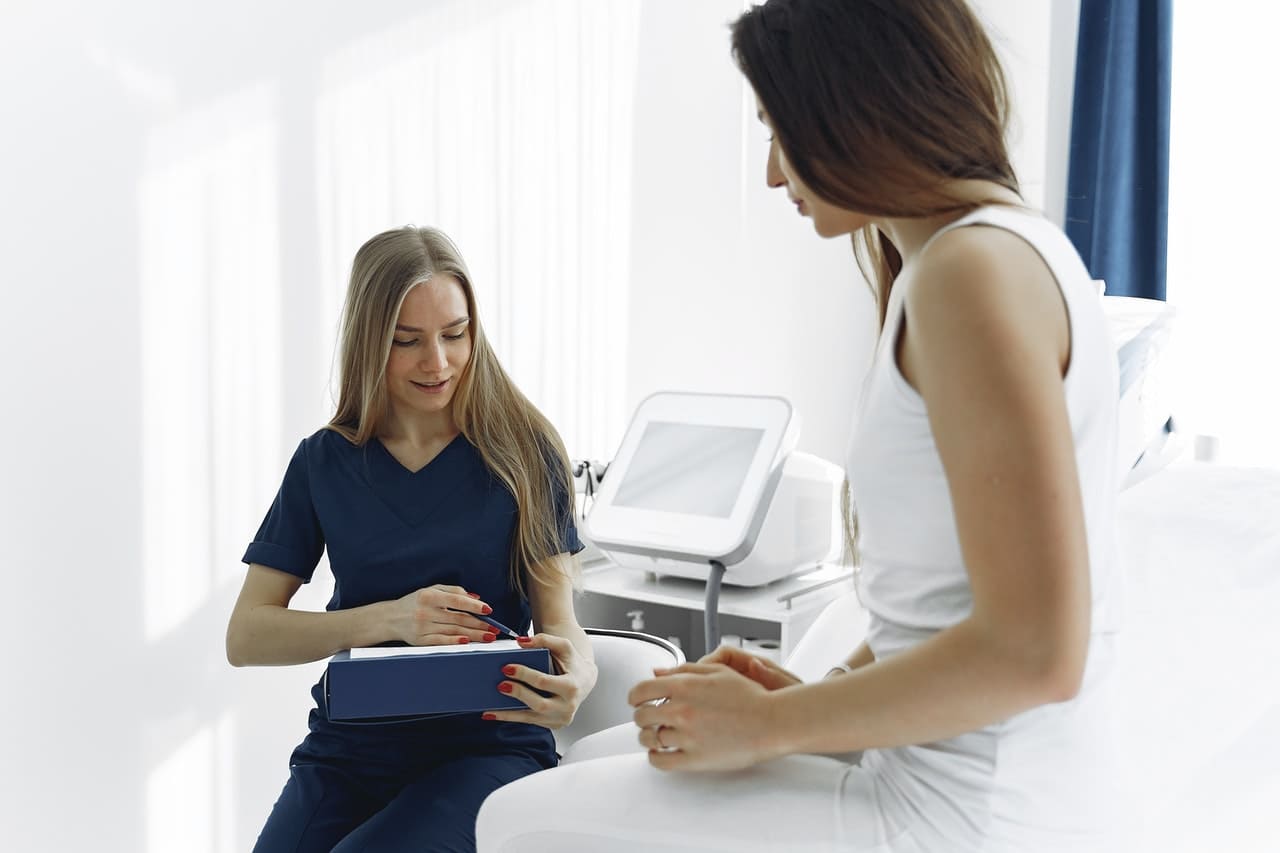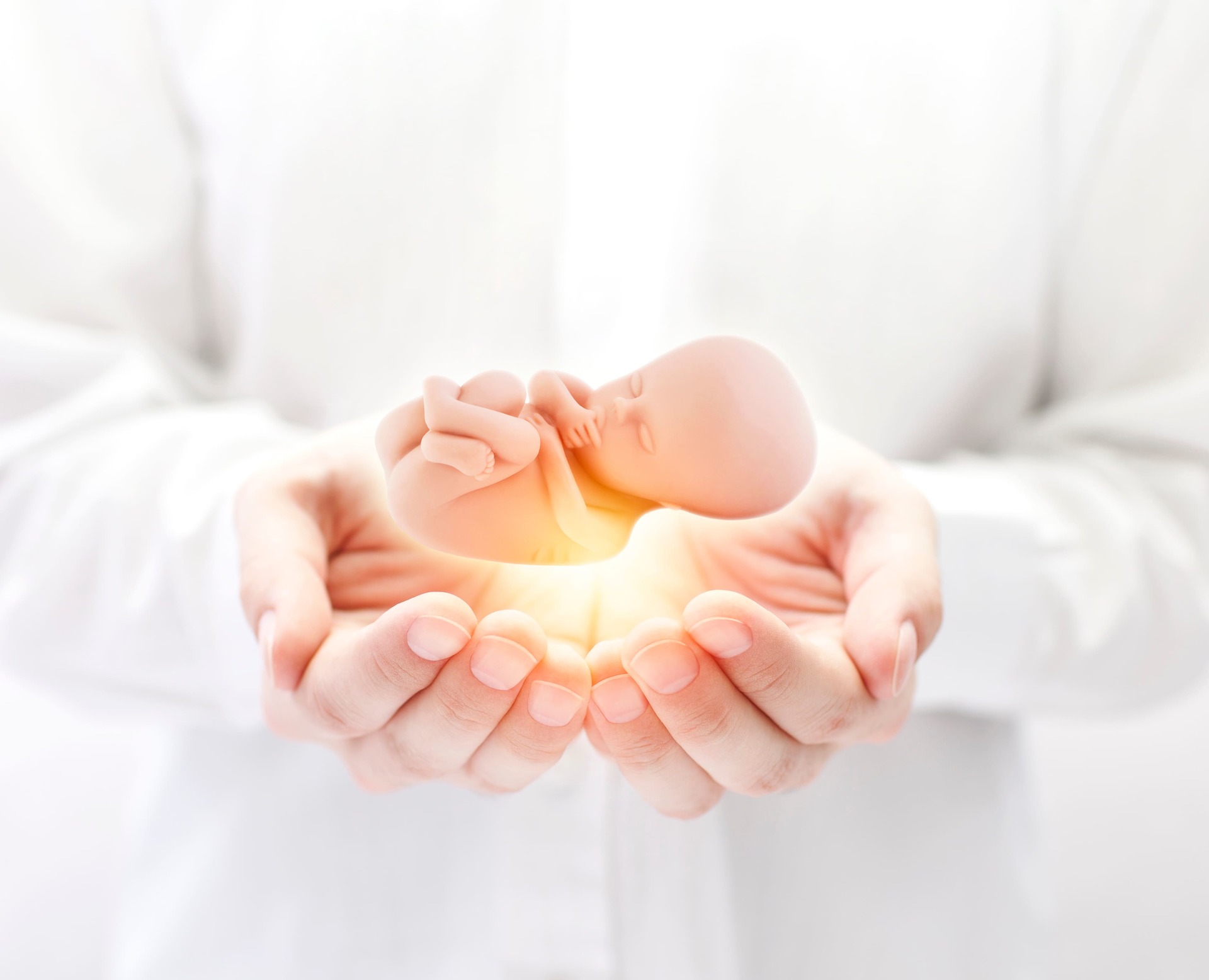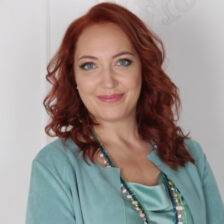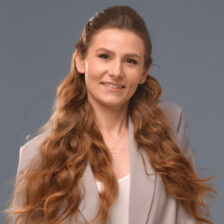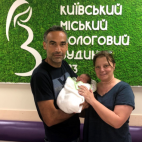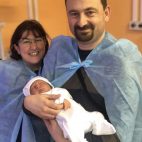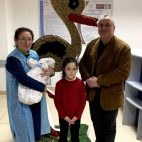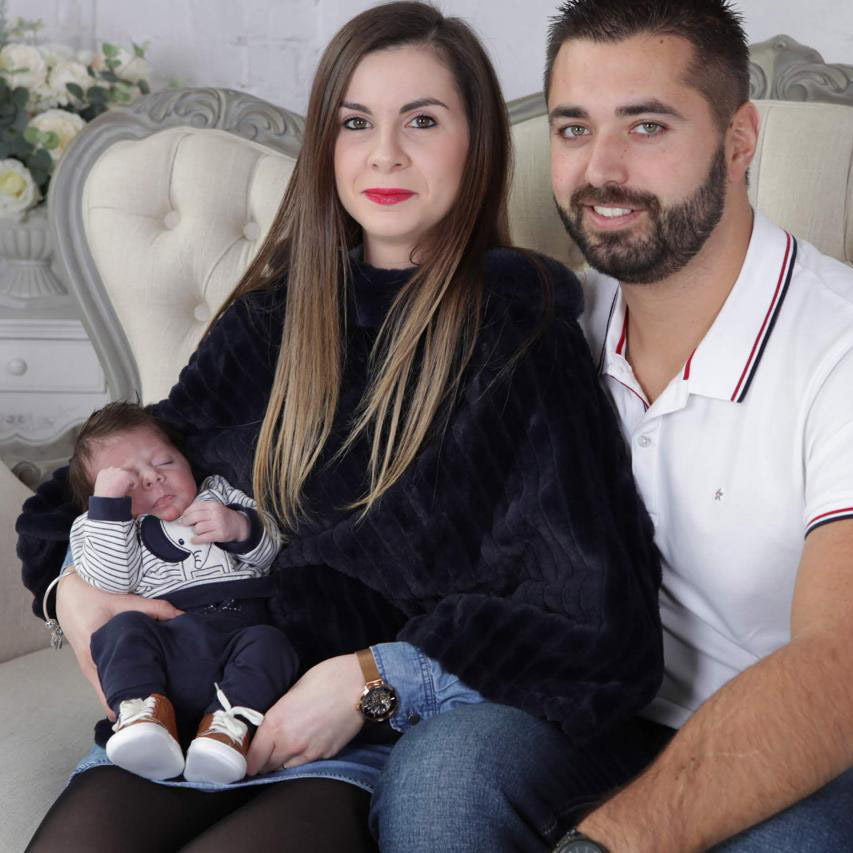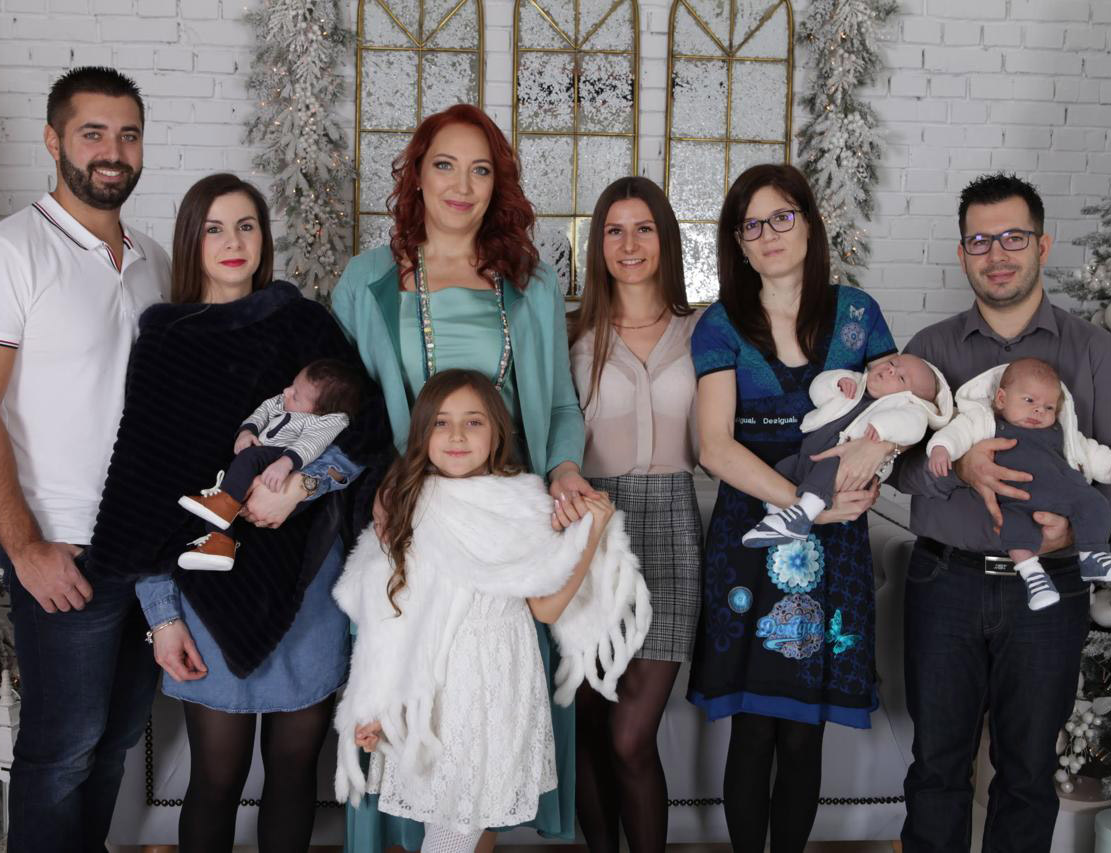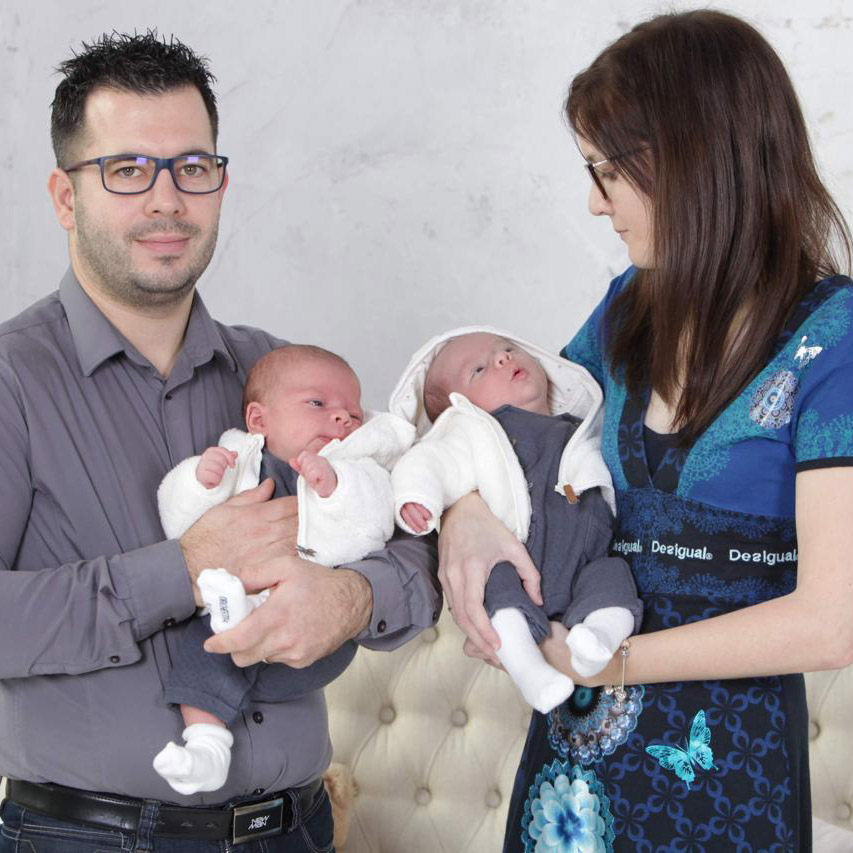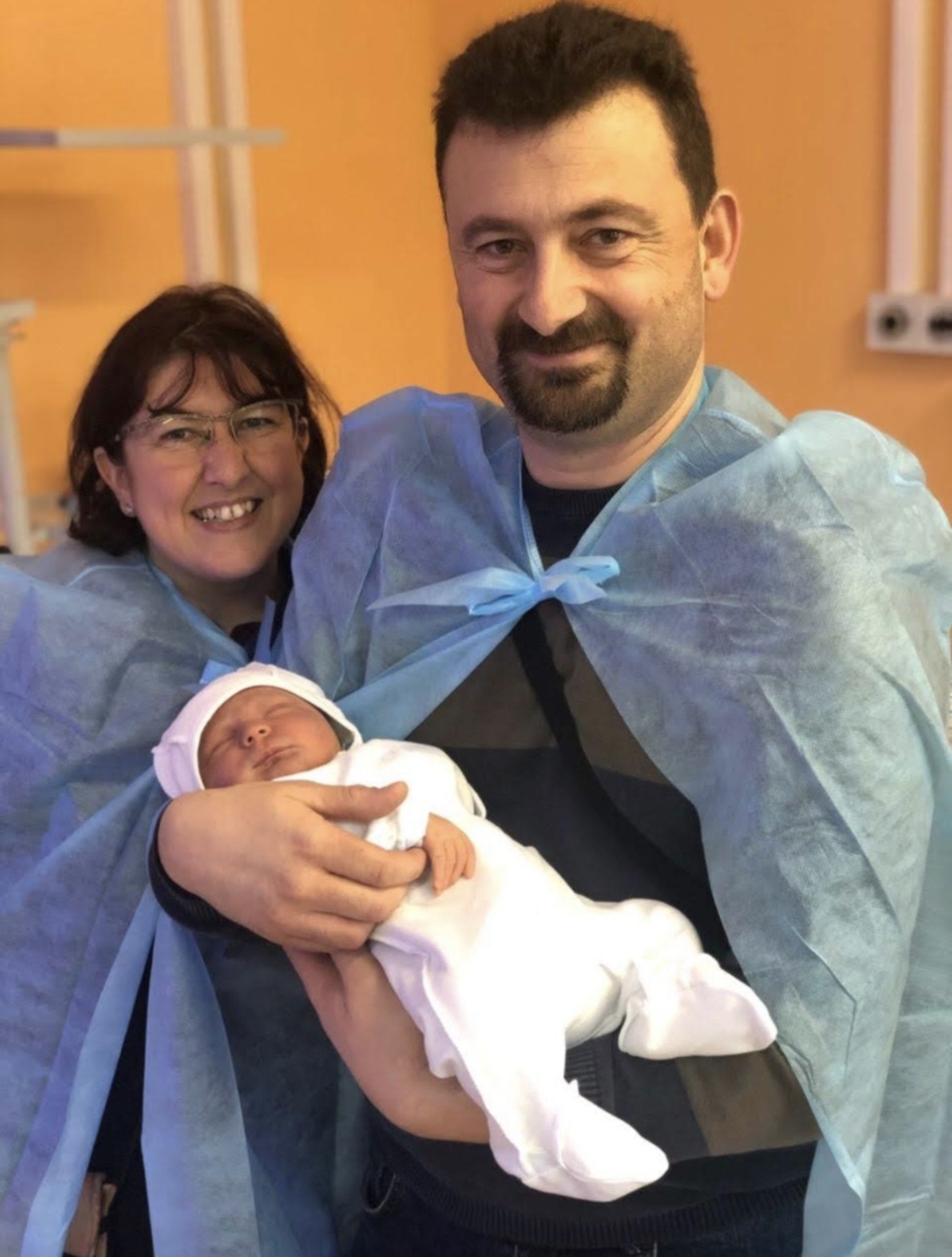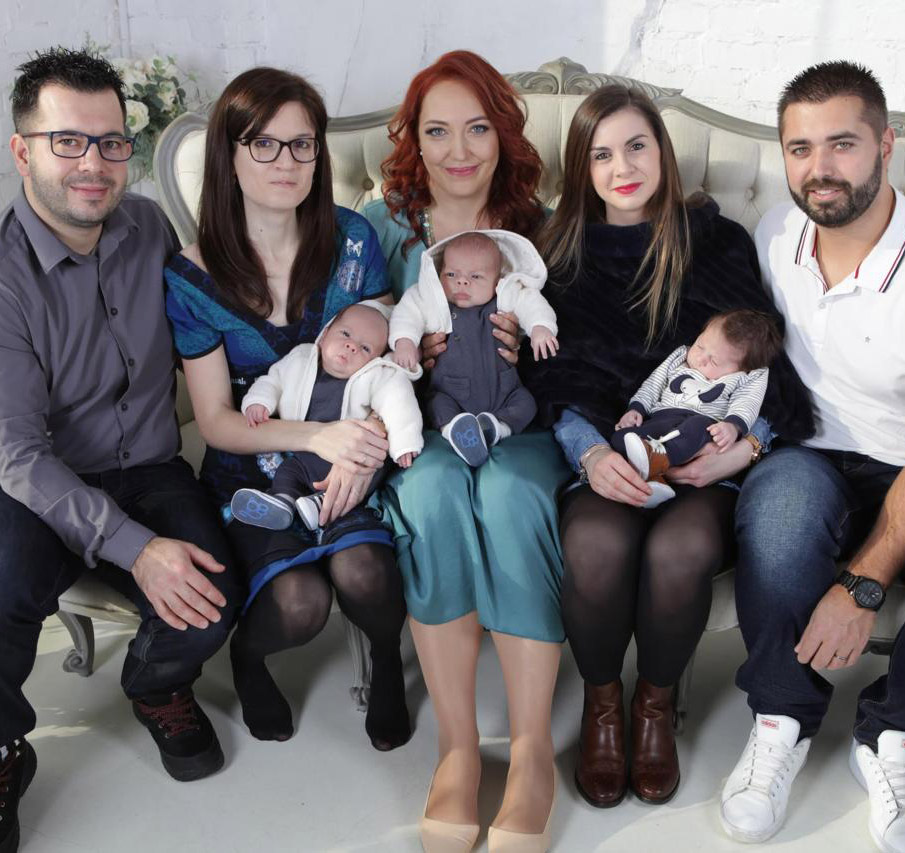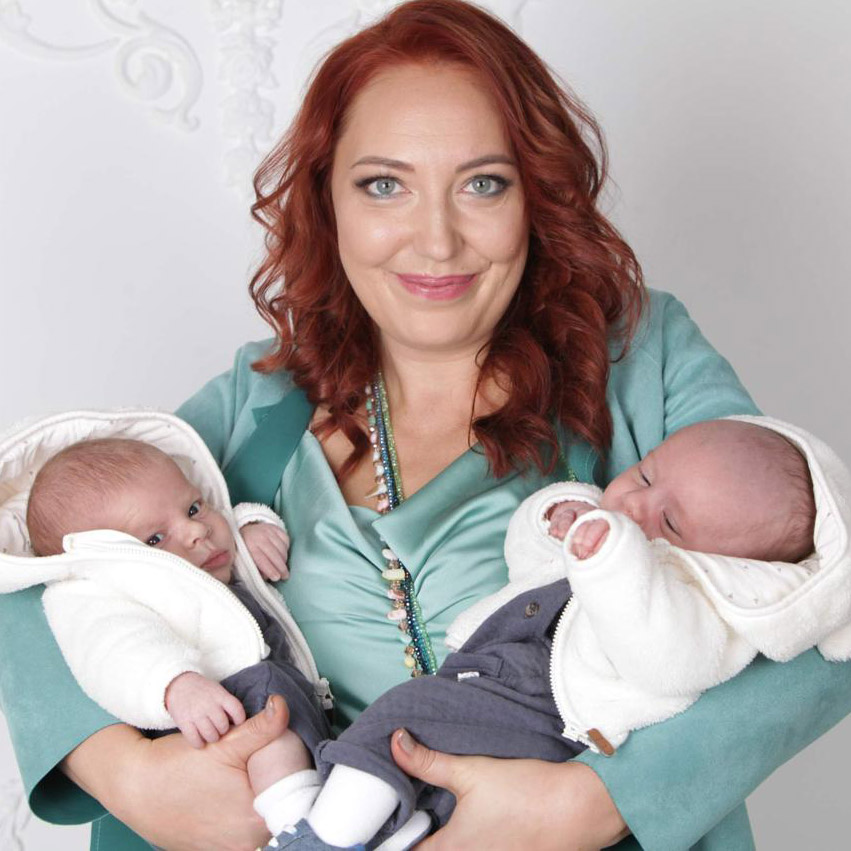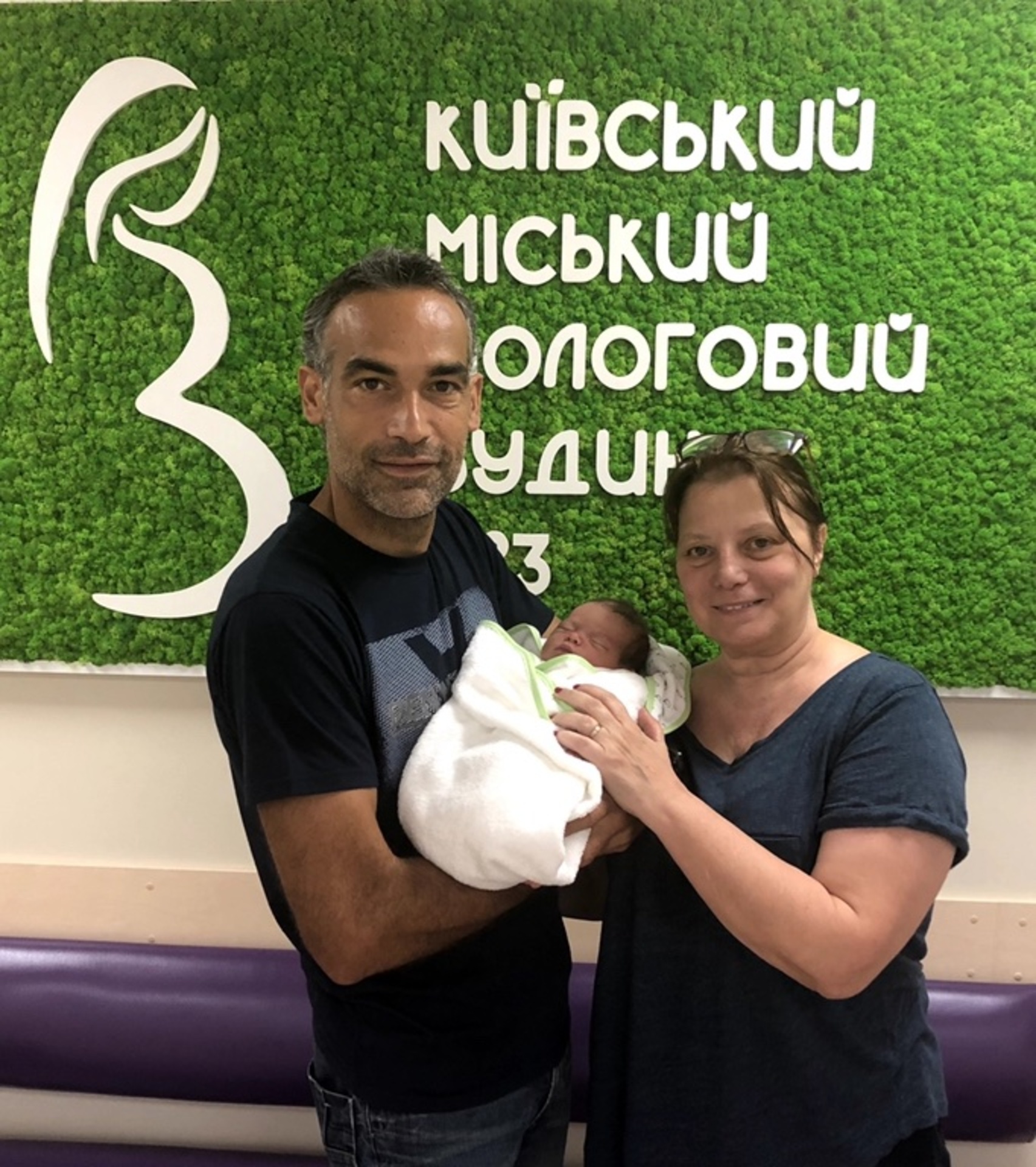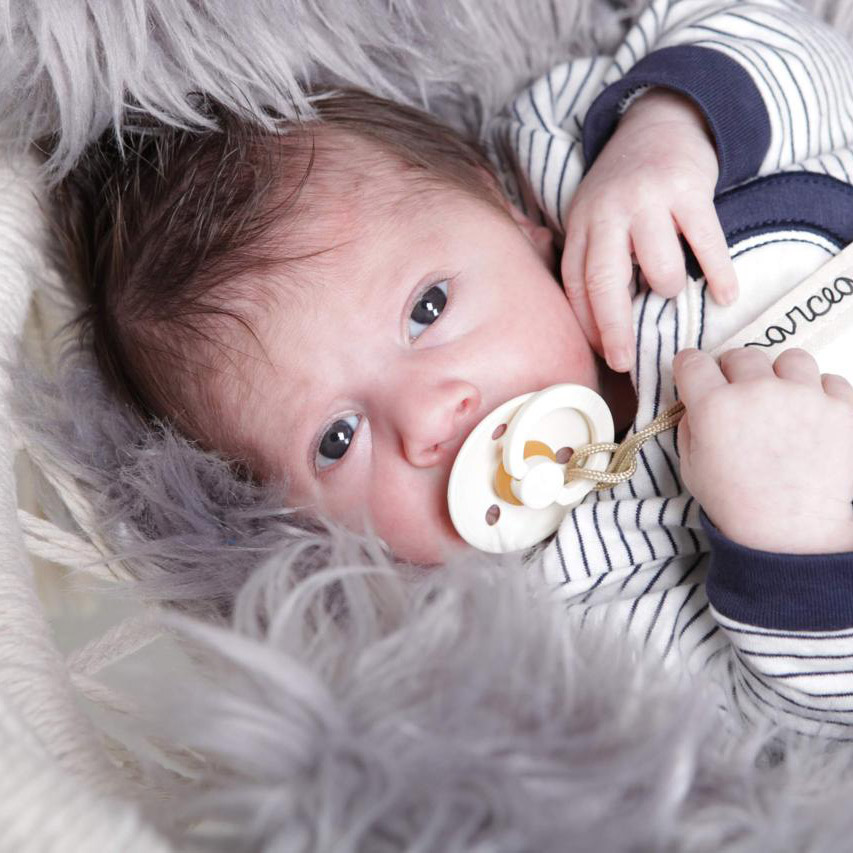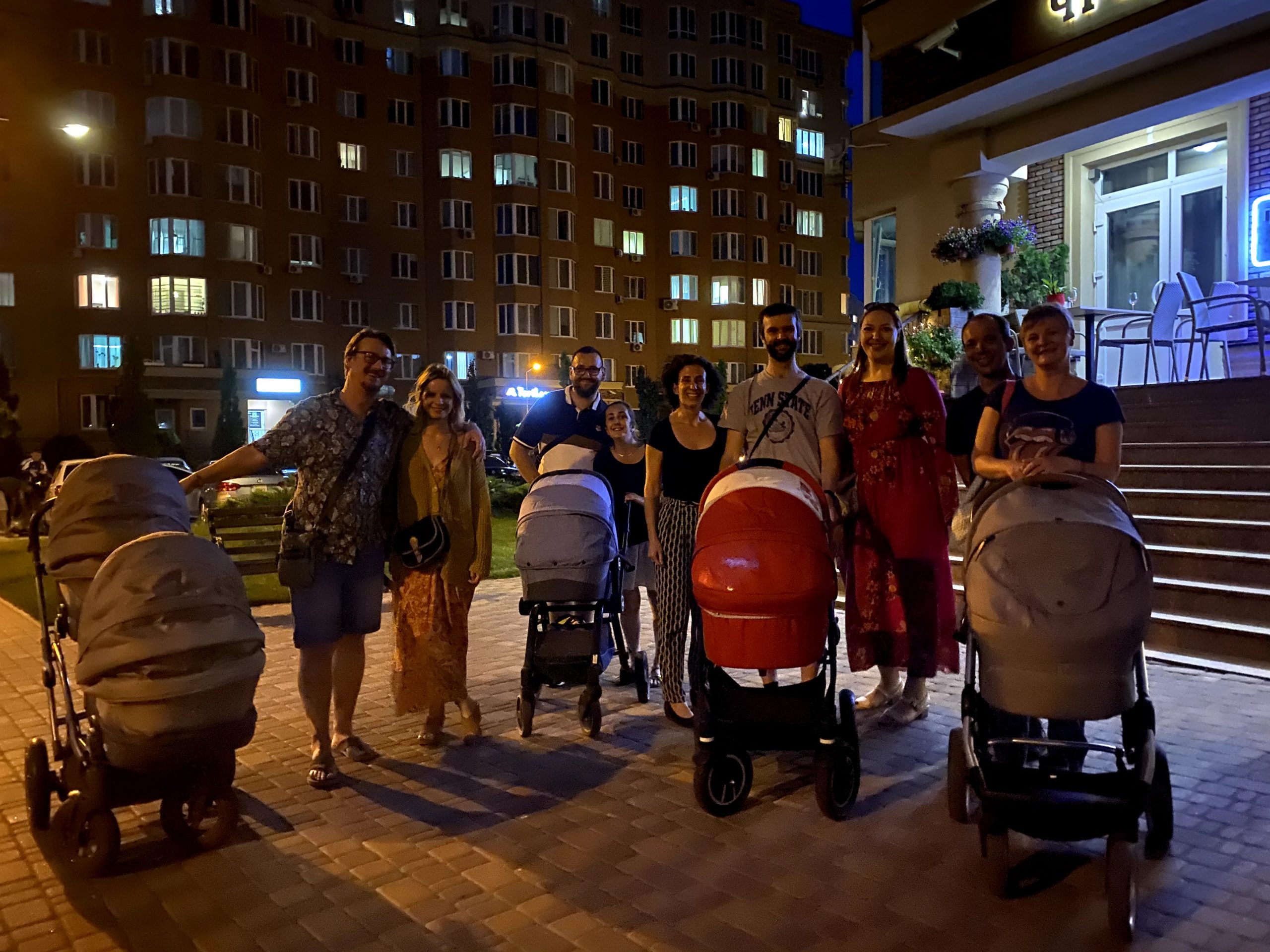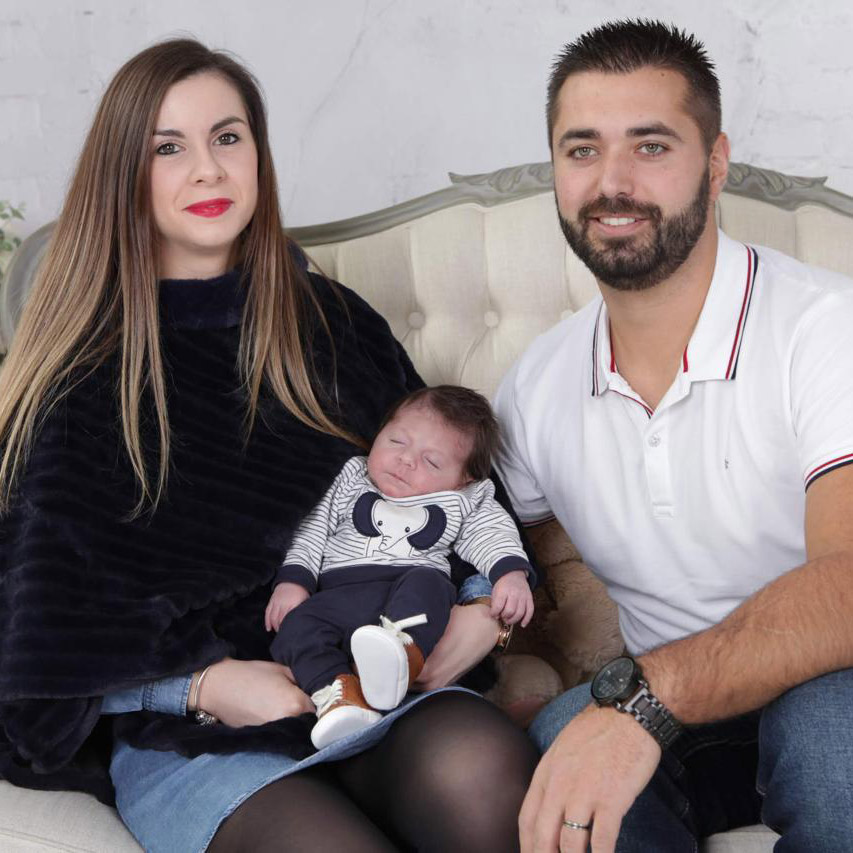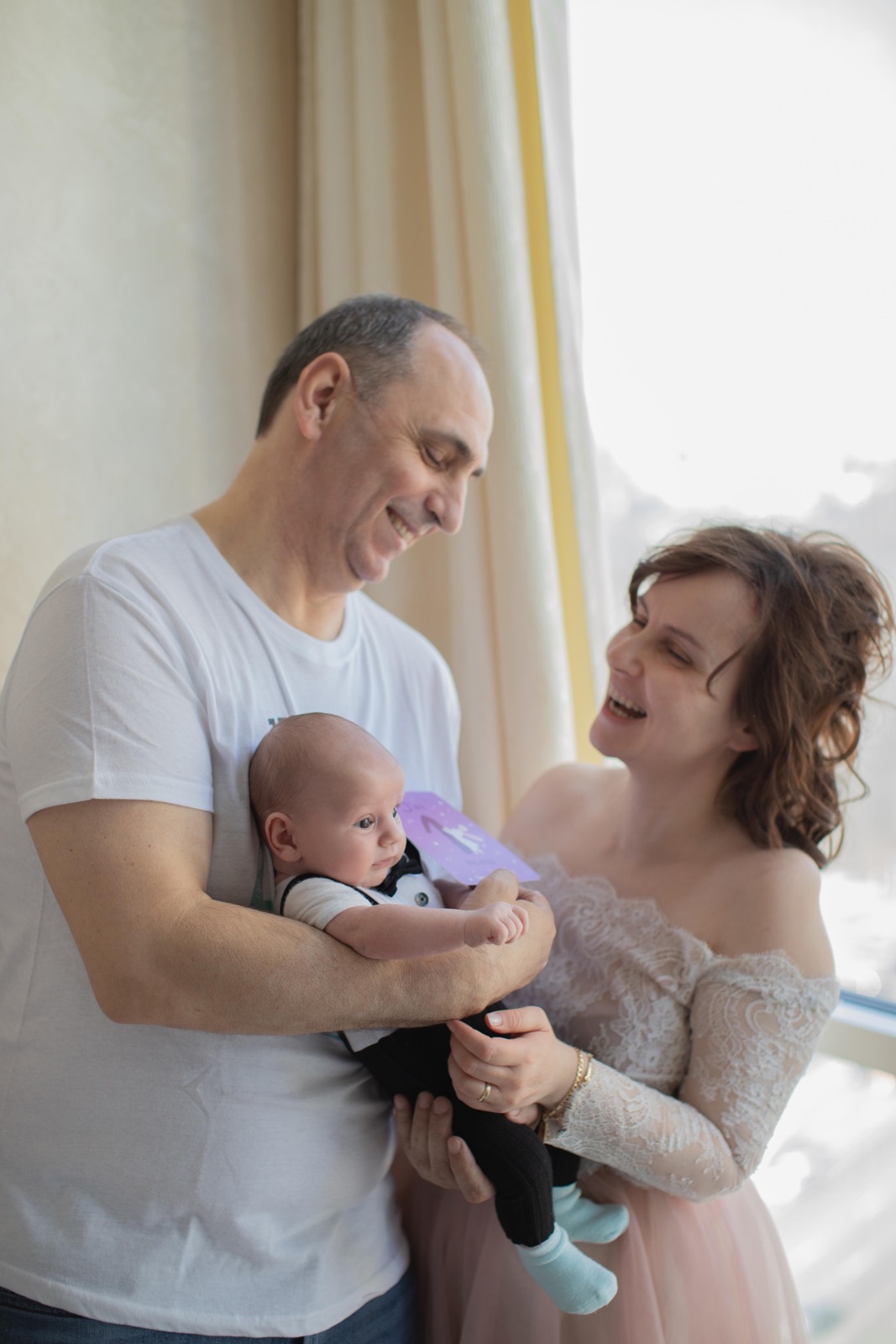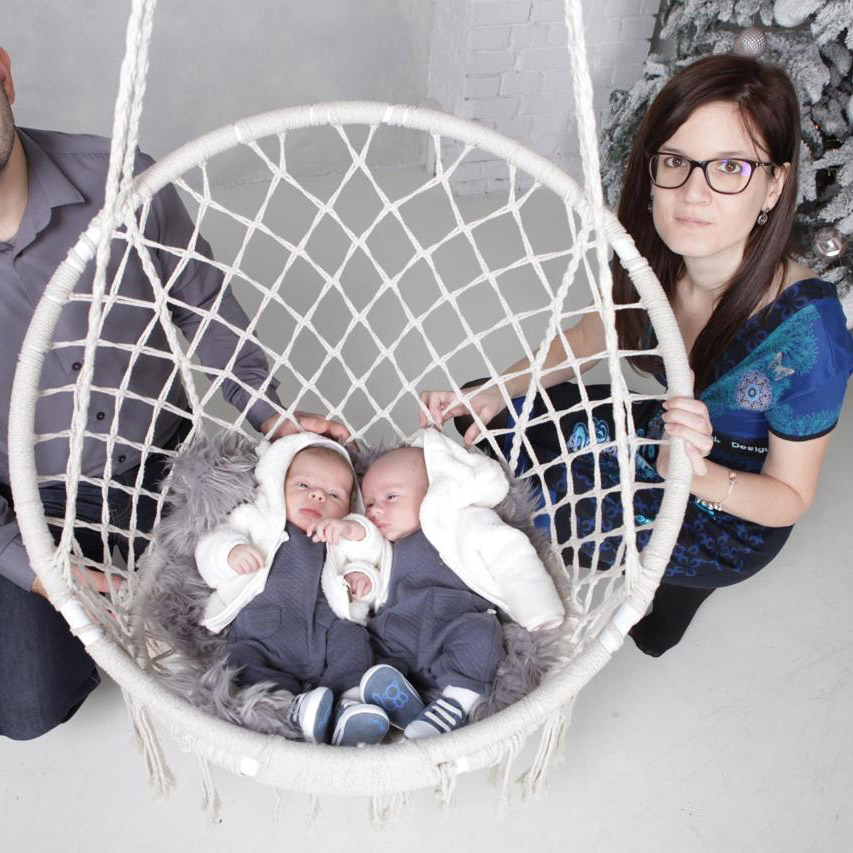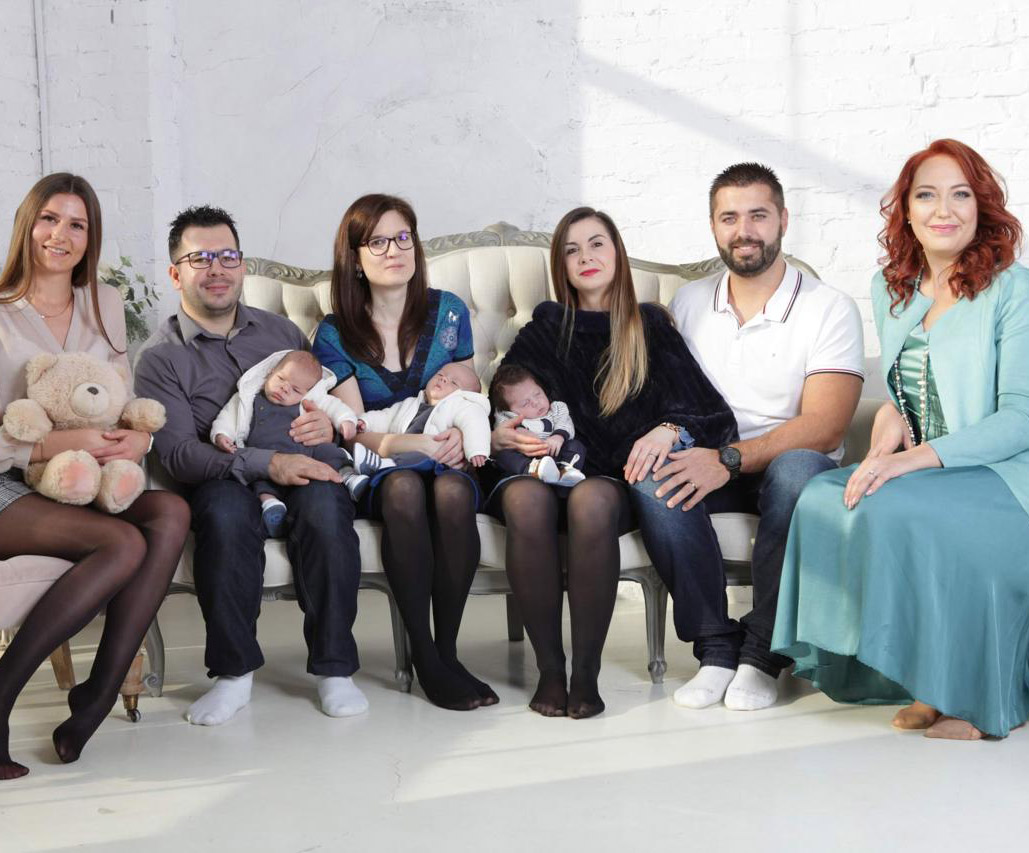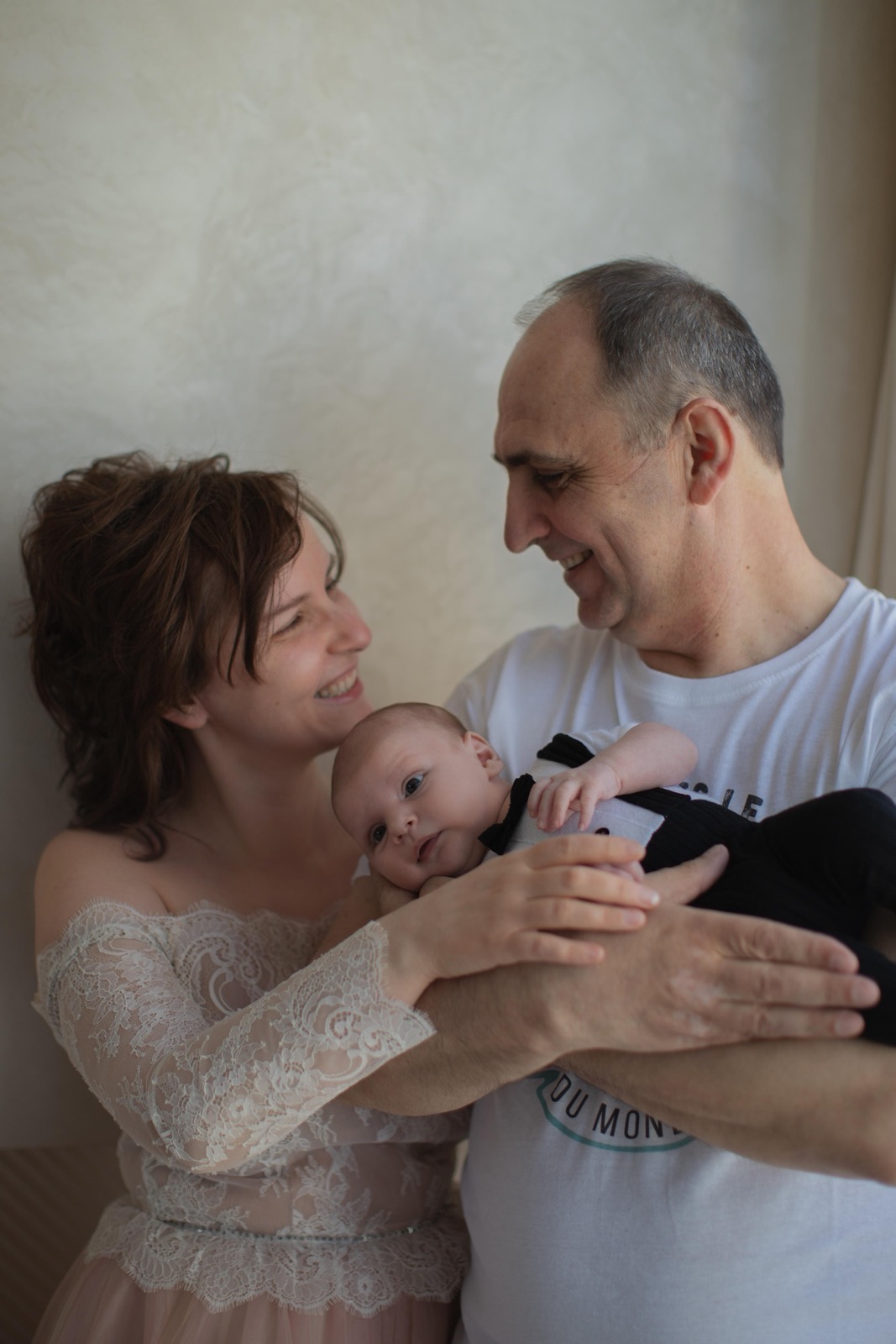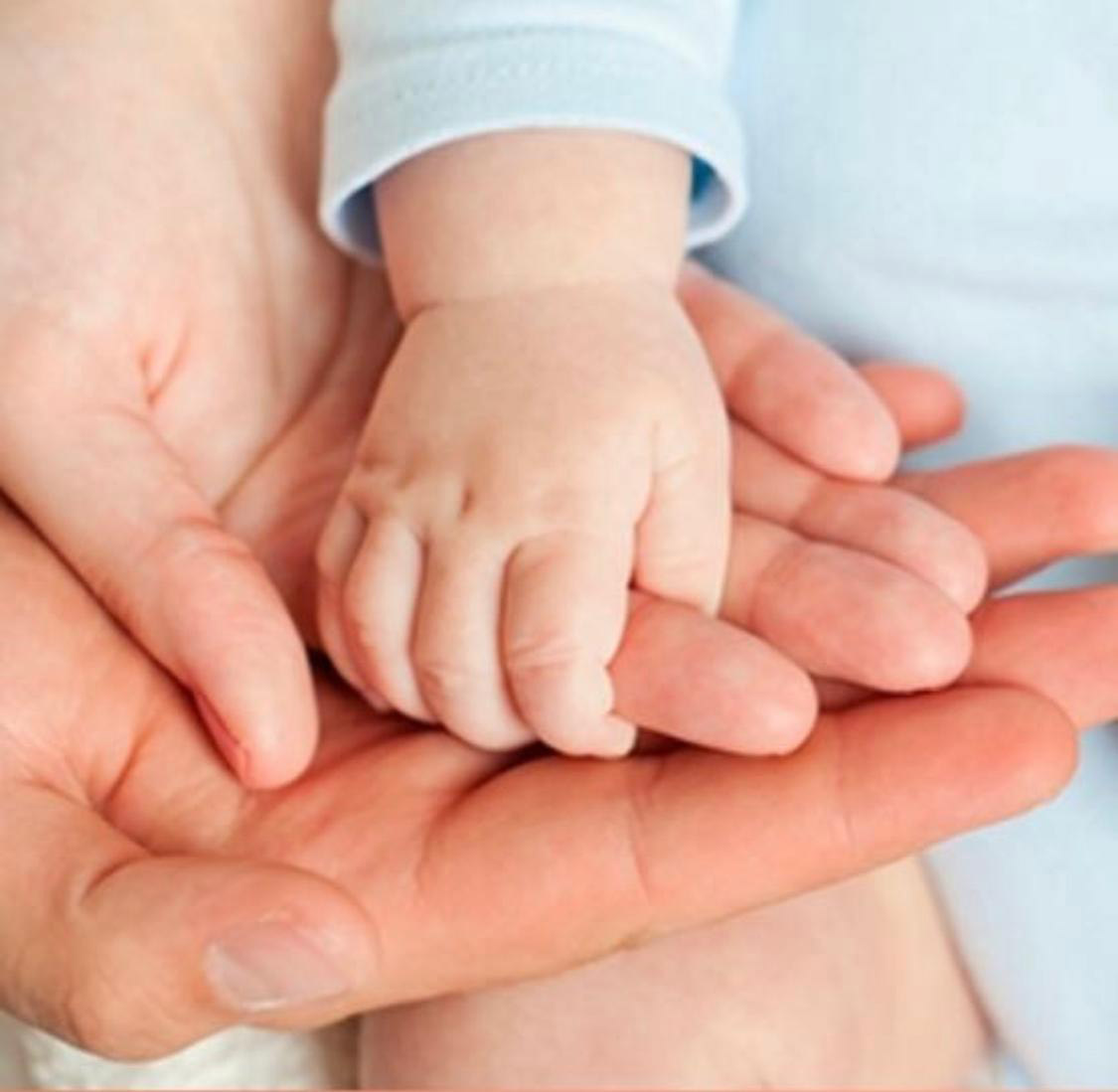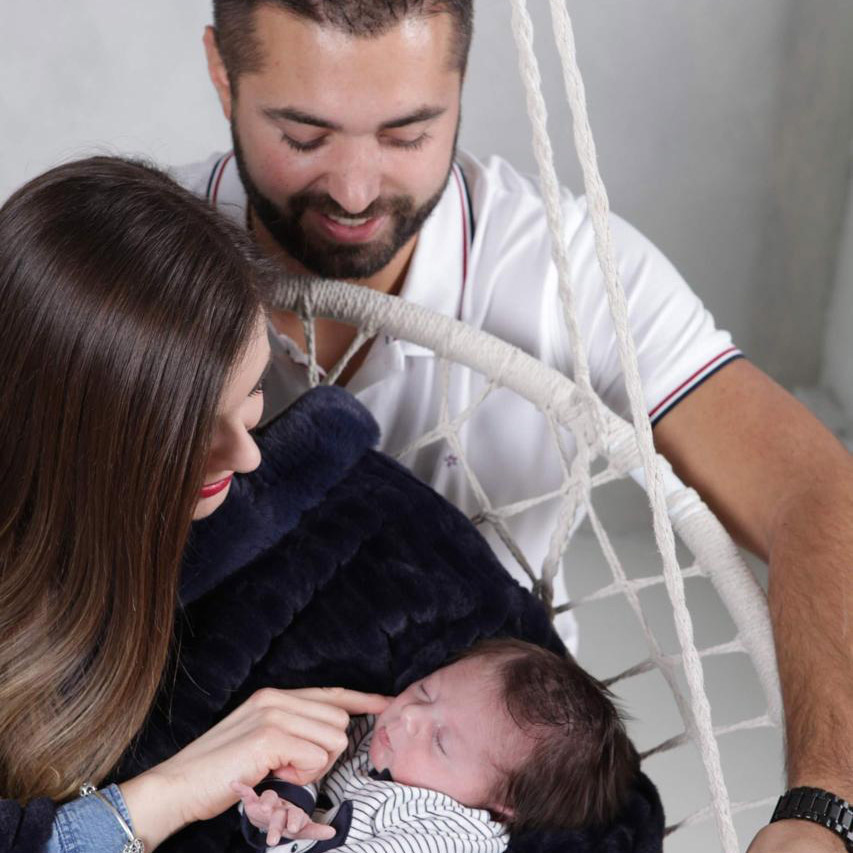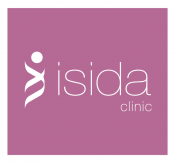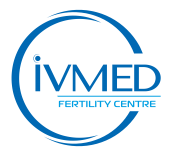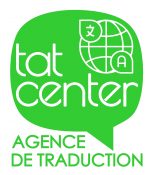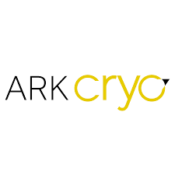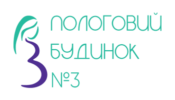TAT ' Surrogacy is a legal and medical assistance company dedicated to fertility and reproduction
Who we are
Our priority is to help heterosexual or gay couples, including single people, to become parents. Surrounded by a team of lawyers and medical professionals specializing Infertility (Assisted Medical Reproduction and Surrogate Gestation), we know how difficult it is to take the plunge, to embark on a process carried out abroad. The language barrier, the geographical distance, and the legal aspect can be frightening; that is why we take care of managing all the administrative elements and maintaining the contacts with the medical centers on-site. Our goal is to support you in the process so that you can be sure and experience it serenely.
You can talk to our parents who have gone through the program successfully. We have helped many couples to achieve their dream of parenthood. Their stories all ended with the arrival of a healthy child in their family. Our parents will gladly and with great pleasure, share their impressions of this beautiful experience with us.

Services for you
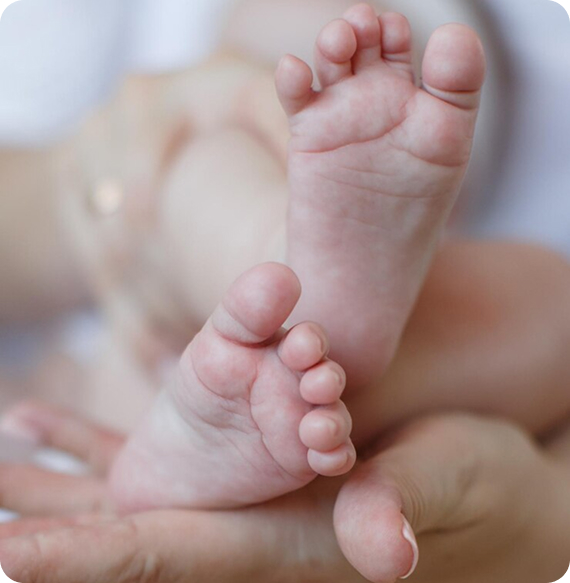
Ethics and deontology
The concepts of ethics and respect are very essential to us. Donors and surrogate mothers are met regularly, listened to, and we remain available for them 24/7. It is crucial to understand that a woman who agrees to bear a child for others does so first for her personal convenience. She is fully aware of her approach and knows that when the contract is signed, she loses all rights over the unborn child. She is informed of her status and therefore cannot claim possible maternity.
Currently, in Ukraine, many single mothers have to maintain the welfare of their offsprings on their own, which is why, by making this gesture, they are guaranteeing a better lifestyle for their children. This financial contribution also allows them to make their dream come true (buy home, pay for studies, etc.).
Integrated into the Ukrainian culture and regularly solicited, surrogate mothers are called "prenatal nannies." Beyond the provided financial support, they claim the beauty of the gesture and are proud to help parents in their desire to have children.
Our mission:
- Support, protection, and help 24 hours a day throughout your journey until the birth of your baby and safe return to your country of residence.
Want to get a free consultation with no obligation?
Please complete the contact request
Only fields marked with (*) are required
Our children and their parents
FAQ
Is the surrogate motherhood legal in Ukraine?
In Ukraine, surrogacy is governed by several legal acts:
Article 281, paragraph 7 of the Civil Code of Ukraine states that both adult women and men have the right, for medical reasons, to carry out assisted reproductive technology treatment programs in accordance with the procedure and conditions established by law.
Confirmation can be found in a decree of the Ministry of health "On the approval of the procedure for the application of technologies of assisted reproduction in Ukraine."
Who is the surrogate mother?
A surrogate mother is a woman who bears a child for a couple who suffers from female infertility.
What are the criteria for selecting a surrogate mother?
• mental and physical health;
• age;
• hygiene of life;
• areas of interest;
• experience as a surrogate mother;
• children;
• criminal history;
• prior deliveries;
• family support.
How old is the surrogate mother?
The recommended age of the surrogate mother is between 21 to 37 years old, but she may be older if her health allows her to carry the pregnancy to full term.
Is it possible to get pregnant if the AMH level is low?
Even at a low level of AMH, it is possible to get pregnant, subject to appropriate treatments, taking into account the individual characteristics of each woman.
When should a fertility test be done?
If the expected pregnancy does not occur after one year of regular sexual activity and the woman is healthy, a diagnosis of infertility is usually made.
IVF: What are the probabilities of getting pregnant after 40 years of age?
The frequency of pregnancies in women after 40 years with their own oocytes does not exceed 12%.
It is desirable not to try more than three attempts. If no oocyte, no embryo is formed, no pregnancy has occurred after the transfer, and it is necessary to carry out IVF with donor eggs: the effectiveness of the program then approaches 60% on the first attempt.
Is it better to freeze eggs or embryos?
Taking into account that the survival rate of an egg after thawing is significantly lower than that of an embryo, taking into account the fact that it is impossible to perform a genetic test on an egg from an elderly patient of reproductive age, it is then preferable to freeze the embryos rather than the ova in the case of recourse to assisted reproduction technology linked to a fertility problem.
What are the reasons for male infertility?
✔ Disorder of testicular sperm production (insufficient sperm count);
✔ Low testosterone levels;
✔ Congenital diseases, for example testicular failure (cryptorchidism);
✔ Genetic diseases, such as cystic fibrosis;
✔ Cancer treatment whether by surgery, radiotherapy or chemotherapy;
✔ You are taking certain drugs that have a negative effect on spermatogenesis.
What are the factors of female infertility?
✔ Hormonal disorders, inflammatory processes and disturbed microflora;
✔ Blockage of the uterine tubes;
✔ Endocrine disorders;
✔ Endometriosis;
✔ Uterine pathologies: adhesions, myoma, polyp, endometritis, etc.
How effective is IVF with NGS?
The high precision in identifying chromosomal abnormalities (99.9%) not only avoids the risk of having a child with severe hereditary diseases but also considerably increases the success of implantation of embryos. The NGS method reduces the risk of miscarriage in early pregnancy.
Does PGD prevent genetic abnormalities?
Yes, because congenital disabilities or genetic disorders complicate about 3% to 5% of pregnancies.
What is the most common chromosome abnormality?
It is trisomy 21 (Down syndrome), with an incidence of 1 in 800 live births.
What is the difference between IVF and ICSI?
IVF is carried out with a sufficiently good quality of sperm and confirmed by spermogram. ICSI is however, recommended when the quantity or quality of seminal fluid is found to be low in the event of azoospermia, teratospermia, or oligozoospermia especially.
Why is it essential to keep blood from the umbilical cord?
1. The blood sampling procedure is simple, painless and safe for both mother and child;
2. Blood cells at birth are rich in valuable hematopoietic stem cells, helping already to treat more than 80 diseases;
3. Umbilical cord blood stem cells are an alternative to bone marrow stem cells and peripheral blood stem cells. They can be kept for decades;
4. The blood of the umbilical cord contains the youngest and most active hematopoietic stem cells.

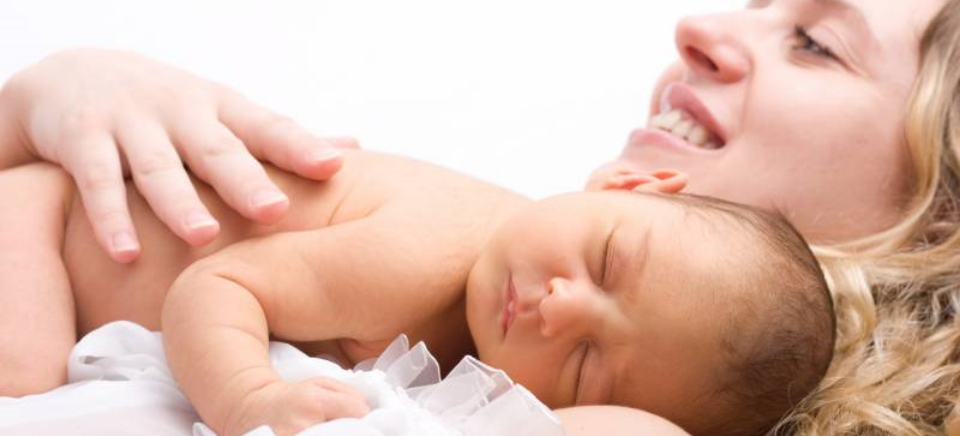

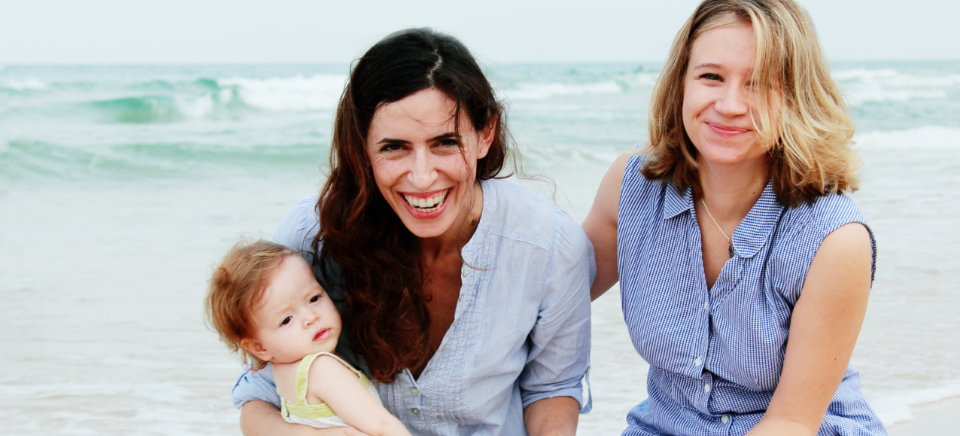
Our partners
of. 1, 15 B, Pavla Skoropadskoho street, Kyiv 01033
Call us (Phone, Viber, WhatsApp):
+380 97 688 4378Email:
tatsurrogacy@gmail.com




